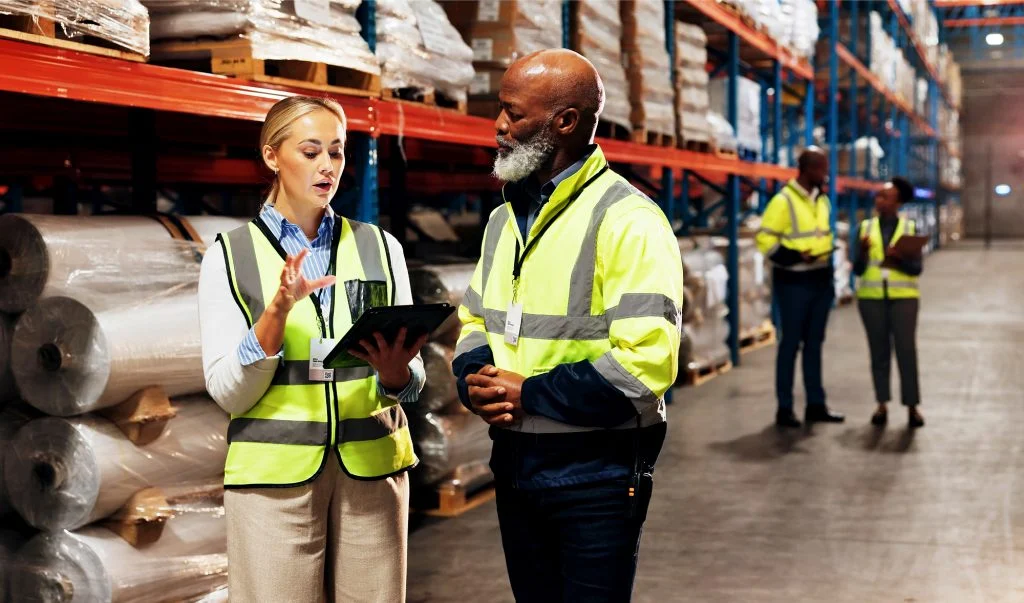As global supply chains face increasing scrutiny, London-based data platform Sedex is championing a powerful solution: site-specific sustainability data.
In today’s climate-conscious and regulation-heavy world, transparency isn’t just a nice-to-have, it’s essential. Gone are the days when companies could afford to overlook the deeper layers of their supply chains. From government mandates like the EU’s Deforestation Regulation and the UK Modern Slavery Act to consumer and investor expectations around the UN’s Sustainable Development Goals and net-zero pledges, businesses are being called to account like never before.
Yet many companies are still operating in the dark.
“Too often, companies gather data at the corporate level only, which gives them an incomplete and potentially misleading view,” explains Tomas Novotny, Sustainability Expert at Sedex. “It’s like seeing just the tip of the iceberg. The real risks often lie hidden at the site level.”
This is especially critical as supply chain emissions, commonly referred to as Scope 3, make up the bulk of most companies’ carbon footprints. Without a clear understanding of how and where emissions and risks occur, achieving sustainability goals becomes nearly impossible.
And the stakes are high. Incomplete or inaccurate data can lead to missed compliance targets, regulatory penalties, and reputational damage. Stakeholders now expect verifiable, granular information, not vague sustainability pledges.
Sedex is helping businesses close these data gaps. For over two decades, the company has been gathering detailed, site-level data from global supplier networks, giving businesses a clearer, more accurate picture of ESG (Environmental, Social, and Governance) performance.
Rather than relying on broad, company-wide reports, Sedex uses tools like its globally recognised SMETA audit programme and supplier self-assessment questionnaires to collect data directly from individual facilities, whether it’s a fruit-packing site in Latin America or a textile mill in Southeast Asia.
This focus on site-specific information allows procurement teams to assess real conditions on the ground, rather than the polished narrative presented at the corporate level. Sedex currently maintains data on more than 115,000 supplier sites, providing one of the largest and most detailed datasets of its kind.
“We believe supply chains are the most powerful lever for driving global sustainability,” says Audrey Clavedon, Sedex’s Head of ESG Leadership, Policy & Consulting.

So why does site-level data matter so much?
First, it enables targeted action. Companies can identify and prioritise high-risk facilities for deeper assessment, rather than conducting blanket audits that are costly and often ineffective. This more surgical approach reduces audit fatigue and ensures resources are directed where they’re needed most.
Second, it fosters smarter procurement decisions. With site-specific benchmarking, buyers can compare supplier locations and identify which partners align best with their sustainability objectives.
Once this process is scaled across a supplier network, businesses can begin embedding sustainability into the DNA of their operations, moving from reactive compliance to proactive leadership.
“According to Verdantix, 63% of companies cite high-quality data for supply chain agility as their top priority,” notes Elisa Molero, ESG & Sustainability Industry Analyst at Verdantix.
As new regulations roll out and scrutiny intensifies, businesses that adopt granular, site-level data now will be better positioned to manage risk and create long-term value.
“The shift toward transparency is irreversible,” says Novotny. “Those that embrace it early will gain a real competitive edge, not just in compliance, but in how they’re perceived by customers, investors, and regulators.”
Meanwhile, companies clinging to outdated, top-level assessments risk being blindsided by hidden issues, issues that could damage not only their bottom line but also their brand.
With its extensive data network, analytical tools, and two decades of expertise, Sedex is proving that sustainability begins not in boardrooms, but on the factory floor.



